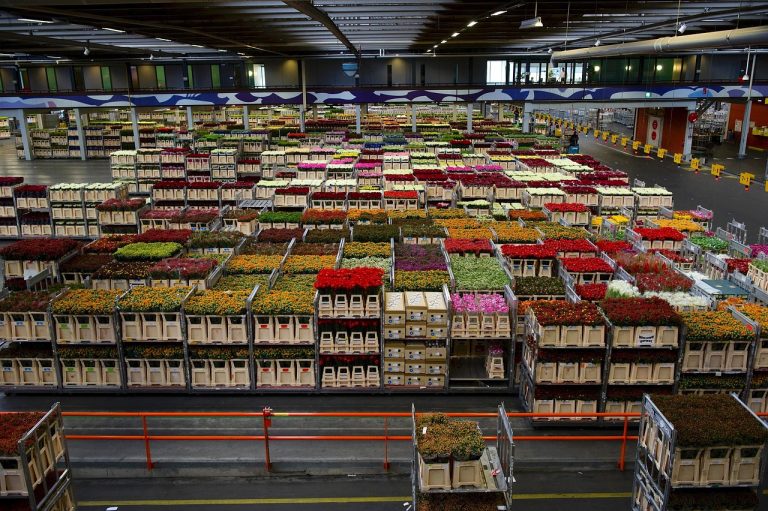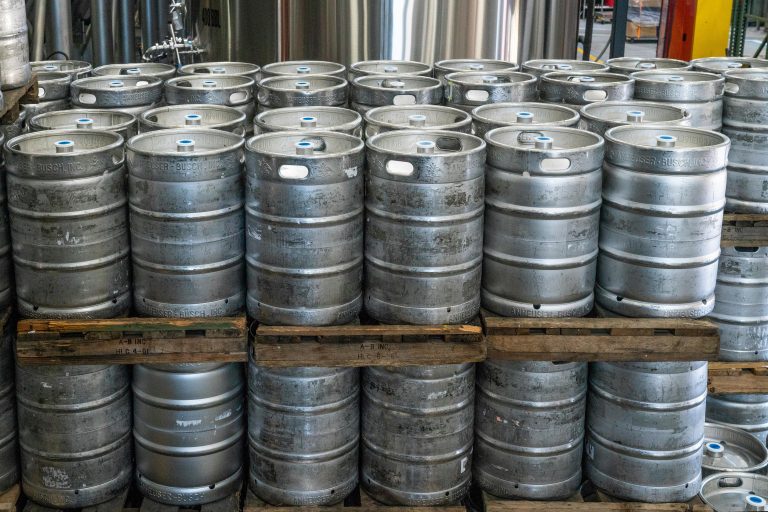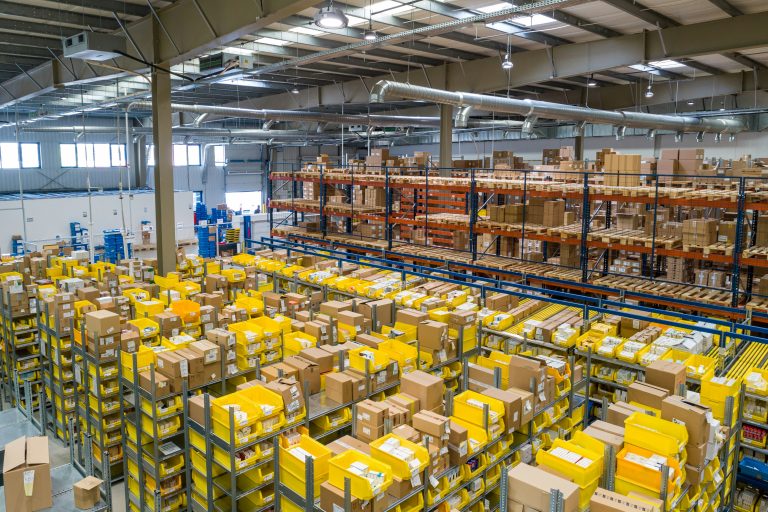Which One is the Right Warehouse to Your Business Growth?
Choosing the right warehouse is a critical decision that can significantly impact your business growth and efficiency. With various types of warehouses available, each offering unique benefits, it’s essential to understand which one aligns best with your needs.
And fortunately, Magna Star Industrial & Logistics Park has enough space for businesses to set up their warehouse and storage sheds as per their requirement.
Let’s explore which warehouse can best support your business.
1. Public Warehouses
Public warehouses are available for rent by businesses on a short-term basis. They are managed by third-party providers who handle storage, handling, and shipping. These warehouses are ideal for business growth needing flexibility without committing to long-term leases.
Advantages:
Flexibility: Rent space as needed without long-term commitments.
Cost-Effective: No need to invest in infrastructure or staff.
Scalable: Easily adjust space and services based on demand.
2. Private Warehouses
These are owned and operated by a single business. Here, the industrial spaces for warehouses are tailored to the specific needs of the business. They offer more control over operations and inventory management.
Advantages:
Full Control: Customizable layout and operations to fit specific needs.
Enhanced Security: Exclusive use reduces risks of theft or damage.
Efficiency: Tailored processes improve operational efficiency leading to business growth.
3. Climate-Controlled Warehouses

Some industries for their business growth require climate-controlled warehouses. This means maintaining specific temperature and humidity levels, making them essential for storing sensitive goods like pharmaceuticals, electronics, vegetables, and perishable items.
Advantages:
Preservation of Goods: Maintains product quality and prevents spoilage.
Regulatory Compliance: Meets industry standards for sensitive products.
Extended Shelf Life: Reduces risk of product degradation.
4. Smart Warehouses
These facilities leverage technology such as automation, AI, and robotics to streamline operations. Smart warehousing offer advanced solutions for managing inventory and optimizing processes.
Advantages:
Efficiency: Speeds up inventory handling and order fulfillment.
Accuracy: Reduces human error and improves order accuracy.
Scalability: Easily adapts to growing business needs with technology.
5. Cooperative Warehouses
Cooperative warehouses are managed by a group of businesses that share space and resources. This model is beneficial for companies looking to reduce costs and collaborate. Ideal for MSMEs.
Advantages:
Cost Savings: Shared expenses lower overall costs for each business.
Collaborative Benefits: Collective business growth requires opportunities for networking and joint ventures.
Flexible Space: Adaptable to changing storage needs.
6. HAZMAT Warehouses

HAZMAT (Hazardous Materials) warehouses are designed to store dangerous goods safely. Such storehouses at industrial park plots comply with strict regulations to prevent accidents and ensure safety.
Advantages:
Safety Compliance: Meets regulations for handling hazardous materials.
Specialized Equipment: Equipped with safety features to handle dangerous goods.
Reduced Risk: Minimizes the chance of accidents or spills.
7. Consolidation Warehouses
Consolidation warehouses focus on gathering and combining products from different suppliers before shipping them to customers. They streamline the shipping process and reduce transportation costs.
Advantages:
Cost Efficiency: Reduces shipping costs through bulk transportation.
Streamlined Operations: Combines orders from various sources into one shipment.
Improved Supply Chain: Enhances coordination between suppliers and customers.
8. Bulk Storage Warehouses

These facilities are designed for storing large quantities of goods, often in bulk. They are good for industries, the business growth of which resides in high-volume products like raw materials or large inventory.
Advantages:
High Capacity: Accommodates large quantities of goods.
Cost Savings: Reduces per-unit storage costs for bulk items.
Efficient Management: Simplifies the handling of large volumes.
9. Distribution Centres
Distribution centres are designed to facilitate the efficient movement of goods from suppliers to customers. They often feature advanced sorting and handling technology. This type is ideal if your business growth focuses on quick delivery and high turnover.
Advantages:
Fast Turnaround: Efficient for moving products quickly.
Advanced Technology: Often equipped with state-of-the-art systems.
Optimized for Distribution: Designed to streamline shipping and receiving.
10. Fulfillment Centers

Fulfillment centers are specialized warehouses that handle the complete order process. They pick, pack, and ship products directly to customers. This type is particularly beneficial for e-commerce businesses.
Advantages:
Comprehensive Services: Manages inventory, order processing, and shipping.
Scalable: Easily adjusts to fluctuating order volumes.
Improved Customer Experience: Enhances delivery speed and accuracy, a factor for business growth.
11. Bonded Warehouses
Such warehouses at an industrial plot store imported goods before duties are paid. They are useful for businesses dealing with international trade and need to defer taxes until products are sold.
Advantages:
Deferred Duty Payments: Allows you to delay paying import duties.
Facilitates International Trade: Simplifies the process of handling imported goods.
Secure Storage: Goods are under customs supervision.
How to Choose Among the Best Warehouses
To determine the best warehouse type for your business, consider these factors:
Nature of Goods: Are your products perishable, hazardous, or sensitive to climate?
Storage Needs: Do you need flexibility, high capacity, or specialized facilities?
Budget: What are your cost constraints and investment capabilities?
Business Growth Plans: How scalable does your warehouse need to be?
By evaluating these factors, you can select a warehouse that aligns with your business goals, enhances efficiency, and supports business growth. The right choice will contribute significantly to your operational success and overall business performance.


